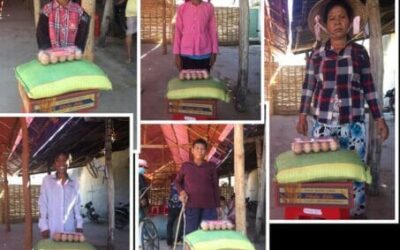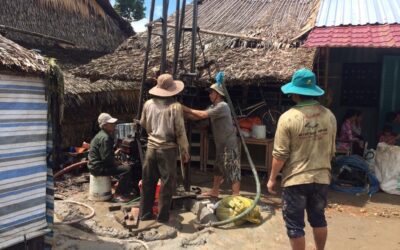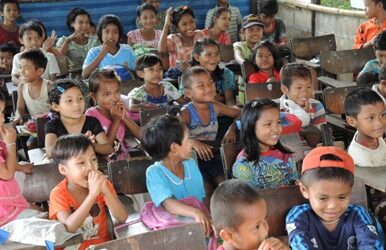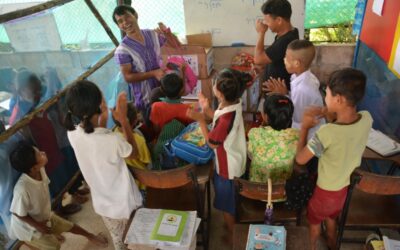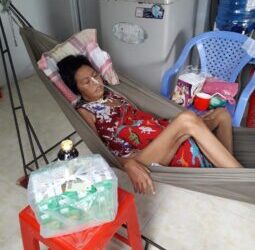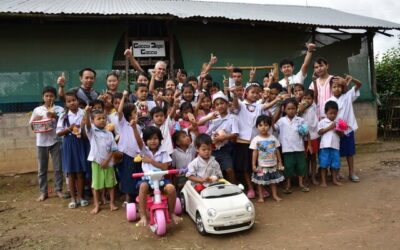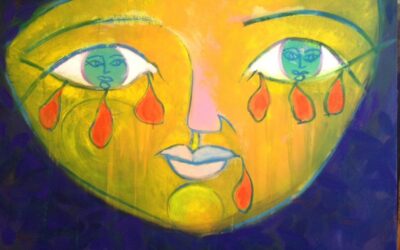Despite the violent clashes in Myanmar, through the work of the “Drop after Drop” (Goccia dopo Goccia) association, the Focolare community continues to bear witness to universal fraternity during a time of pandemic and revolution. Here is the account of the journey undertaken by the focolarini in that area at the beginning of March. (All activities were carried out in accordance with the Covid regulations in the country)
Our Friends In Mae Sot
The story of an Italian focolarino’s encounter with the extreme poverty of refugees due to the war in ex-Burma. Projects in Thailand, Laos and Vietnam.
Thailand: three days with the Mae Sot children
The border between Thailand and Myanmar, north-east of Thailand, the new frontier eyed by multinational industries. The very place where a new Gospel-inspired project is taking root.
Mae Sot Project in Latina
A joint initiative that unites the families of the children of a school in Latina (Italy) with the refugee families of Myanmar. Love works miracles and builds bridges.
Thailand: A school has come to Mae-Sot
Large refugee camps in northern Thailand take in thousands of people fleeing Myanmar. A few years ago a twinning project began between Karen Refugees – one of the persecuted ethnic groups – and the children of a school in Italy. We present this moving report by Luigi Butori, who helped build the bridge.
Vietnam: a response to the poverty that has arisen from the pandemic
Solidarity projects initiated by the “Goccia dopo goccia” (drop by drop) Association in collaboration with other organizations operating in Southeast Asia.
Among Karen Refugees in Thailand
The story of a friendship and sharing that brings relief and builds solid bridges, amidst one of the many tragedies unfolding in the world today, the flight of hundreds and thousands of refugees from Myanmar
Multiplying Spaces of Encounter and Communion
This has been the commitment of the Focolare Movement in France and around the world for many years, and now it has now been renewed as extremisms of hatred and violence threaten peace.
Thailand calls and Latina answers
An initiative of solidarity that unites families of children in a school in Latina (Italy) with children of refugees families from Myanmar, who have settled in Thailand. Love that builds bridges and works miracles.
Thailand: Right to an education for Burmese children
One project of the United World Association, among the promoters of Learning Fraternity, provides instruction for 640 Burmese immigrant children in Thailand over the past year.

